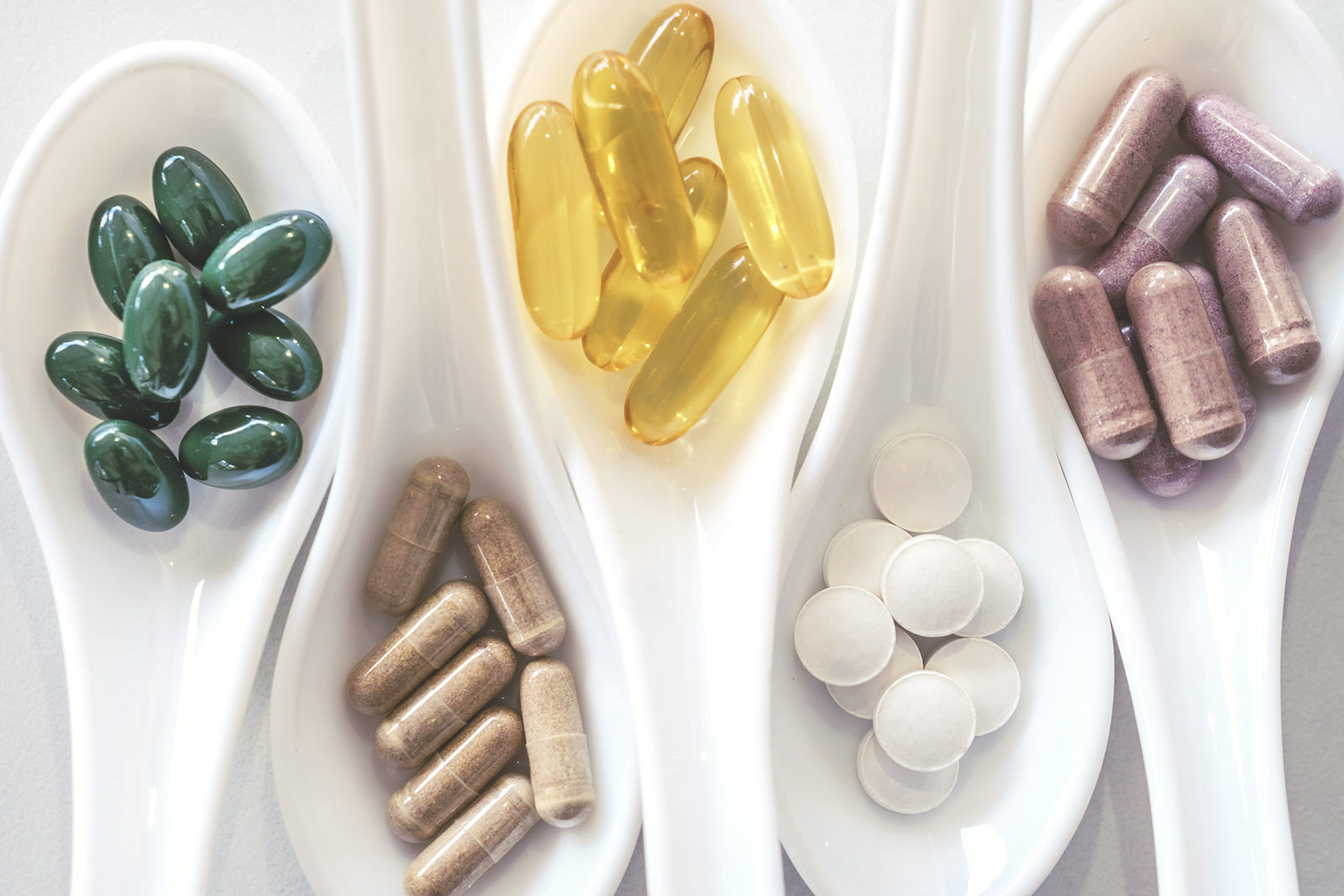Europe
Europe
In Europe, food supplements are subject to three types of legislation:
- Harmonised EU legislation applicable to all foods;
- Harmonised legislation relating to those specific aspects of food supplements regulated by Directive 2002/46/EC, e.g. vitamins and minerals that may be added to food supplements and the permitted nutritional substances, and Commission Regulation (EC) No 1170/2009;
- National legislation.
The objective of the harmonised rules on those products in Directive 2002/46/EC is to protect consumers against potential health risks from those products and to ensure that consumers are not provided with misleading information.
The Food Supplements Directive 2002/46/EC sets specific marketing requirements for food supplements relating notably to their composition and labelling/advertising. With respect to safety, it regulates vitamins and minerals, and substances used as their sources, which can be used in the manufacturing of food supplements. As harmonised maximum permitted levels across Europe have not yet been agreed, many EU Member States have set national levels for various vitamins and minerals. This creates challenges as divergent national rules hinder the free circulation of products within the European market.
One of the key achievements of the European Union is the principle of ‘free movement of goods’, this enables companies to market their products in all EU Member States irrespective of national borders and despite national legislation in place. The principle of ‘Mutual Recognition’ obliges a Member State to accept on its territory products which are not subject to European harmonisation but are lawfully marketed in another Member State.
Member States can only object to such marketing on the basis of a limited and well-defined number of grounds. It is not well understood by companies and is often not applied correctly by Member States. Because of these difficulties, in 2008 the European Parliament adopted Regulation (EC) No 764/2008, with the aim to establish a legally binding procedure to be followed in cases where Mutual Recognition is denied by a Member State; this regulation was later updated and replaced by Regulation (EC) No 2019/515.
The Food Supplements Directive does not lay down specific rules for the use of substances other than vitamins and minerals in food supplements. The use of ‘other substances’ can be prohibited, restricted or put under scrutiny according to harmonised EU rules (Regulation (EC) No 1925/2006).
Other texts of reference include:
- Regulation (EC) No 1924/2006 on nutrition and health claims made on foods;
- Regulation (EU) No 1169/2011 on the provision of food information to consumers;
- Regulation (EU) No 432/2012 establishing a list of permitted health claims made on foods;
- Regulation (EU) No 536/2013 amending Regulation (EU) No 432/2012.

Any Questions?
Do you have any questions? We are here to help you!
Let us know how we can lighten your way to your regulatory success!
